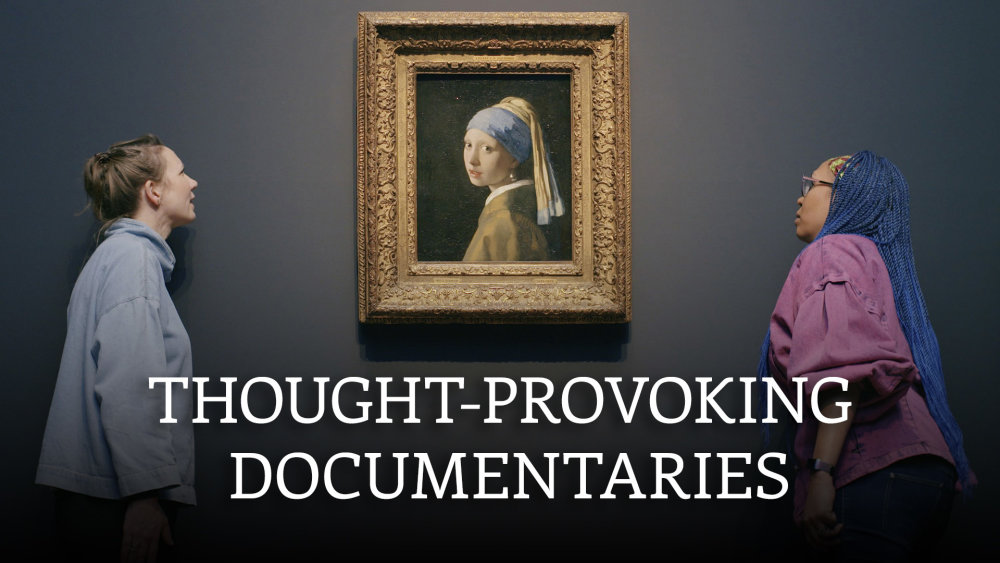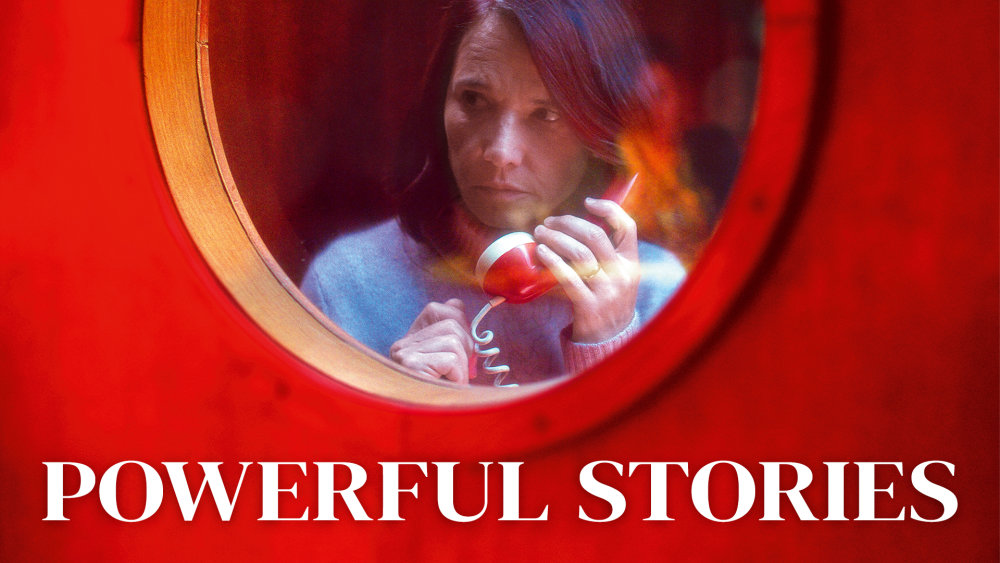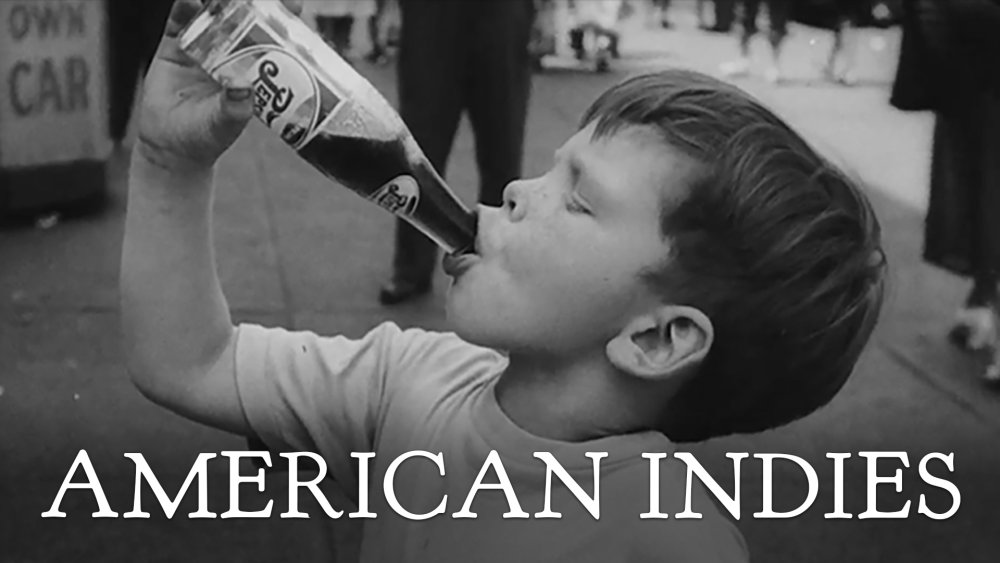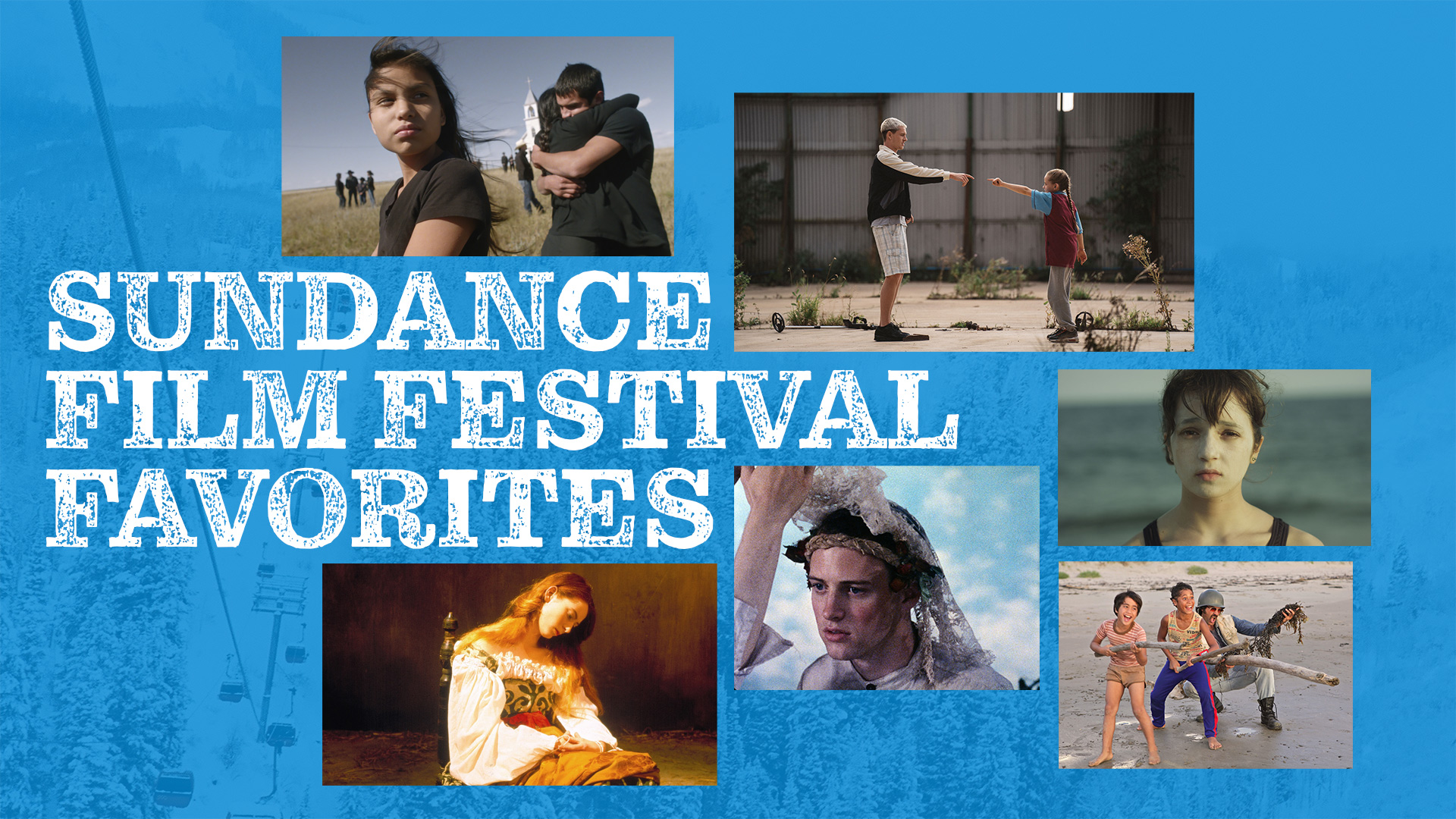
Early Works From Iconic Directors, Remarkable Debuts, and Other Sundance Favorites on Kino Film Collection

The Sundance Film Festival in Park City, Utah, is arguably the film festival, synonymous with indie film. Since 1978, Sundance has brought together filmmakers and fans from around the country each year to discover new voices and showcase and celebrate the power of independent filmmaking. Sundance is where many now-legendary directors made their debuts, and Kino Film Collection is proud to be home to some of these early works. This month, IndieWire spotlighted Kino Film Collection’s Sundance collection, a playlist of nearly 50 Sundance alums available to stream on the platform. While every film is worth checking out, we’re highlighting some standout titles, featuring both celebrated icons and rising stars. Stream these, along with the full list, on Kino Film Collection now.
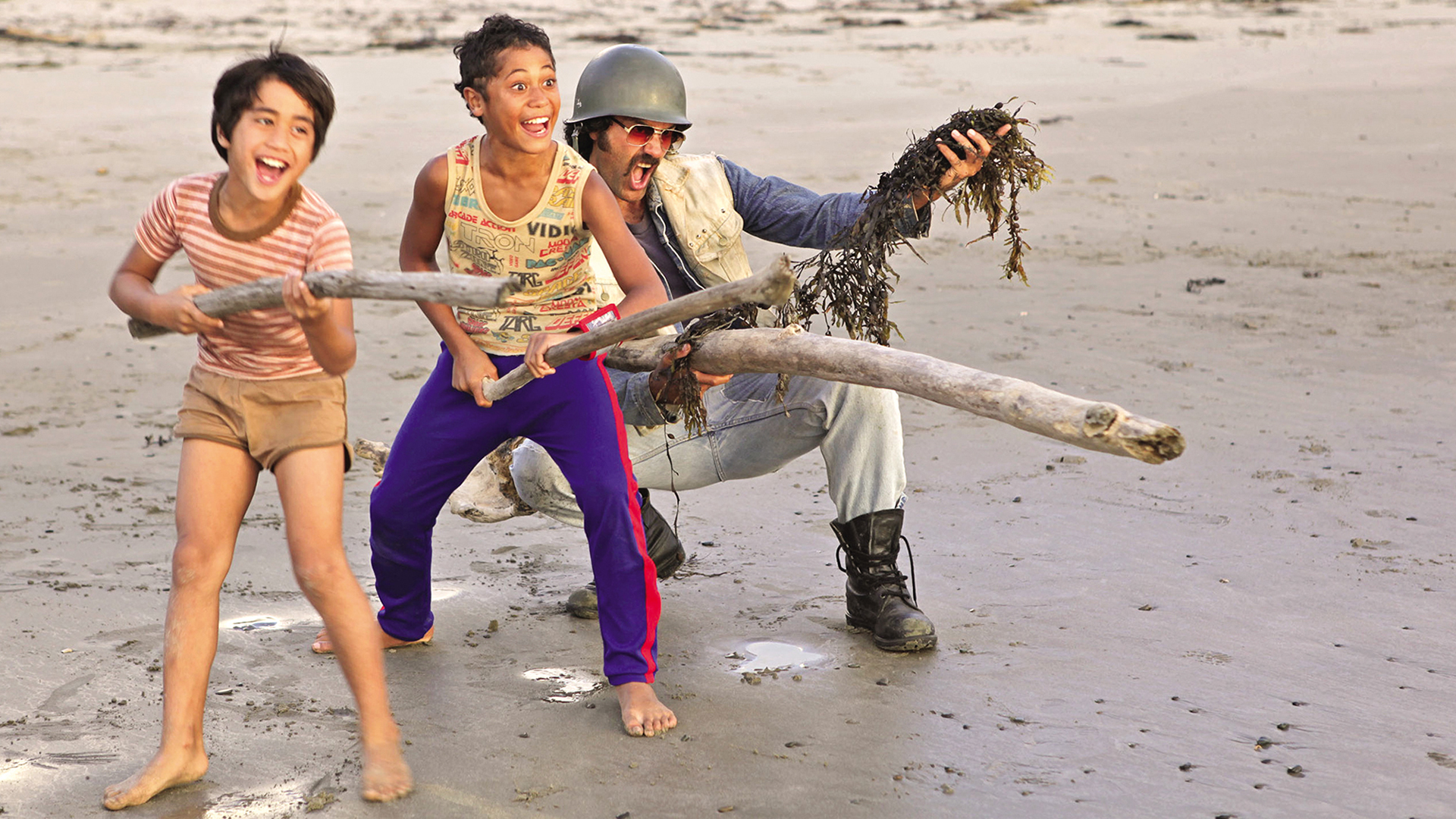
Boy
Premiered at the 2010 Sundance Film Festival
Nominated for the World Cinema Grand Jury Priz – Dramatic
Before Taika Waititi became a household name across the globe, the director saw success in his home country of New Zealand and on the festival circuit with films like Eagle vs Shark, Hunt for the Wilderpeople, and Boy. Nominated for the World Cinema Grand Jury Prize at the 2010 Sundance Film Festival, Boy follows an 11-year-old Michael Jackson-obsessed Maori kid who goes by the name “Boy” throughout the film (played by an unforgettable James Rolleston). It’s 1984 and he and his younger brother Rocky live with their grandmother after their mother died giving birth to Rocky and their father (played by Waititi) became absentee due to a prison sentence. When the grandmother leaves town for a funeral, the boys’ mythical-like father returns, but with less-than-noble intentions. Filled with equal parts laughter and heart, Boy is a coming-of-age tale about confronting your hero worship and creating your own reality.
Concerning Violence
Premiered at the 2014 Sundance Film Festival
Nominated for the World Cinema Grand Jury Prize – Documentary
Based on Frantz Fanon’s essay of the same name from his book The Wretched of the Earth, Concerning Violence examines nine chapters in Africa’s independence movement in the 1960s and ‘70s defined by anti-colonial uprisings. The central thesis of Fanon’s essay is that the only way to oppose the inherent violence of colonial rule is with greater violence. Narrated by musician Lauryn Hill in the English-language version of the film, Göran Olsson’s documentary, which premiered at the 2014 Sundance Film Festival, is one of the most unflinching and thought-provoking examinations of decolonization. After viewing Concerning Violence, be sure to watch Soundtrack to a Coup d’Etat (another Sundance official selection), which investigates the chaotic and violent events following Congo’s independence, as a companion piece.
.jpg)
The Forbidden Room
Premiered at the 2015 Sundance Film Festival
From the incomparable mind of auteur Guy Maddin, The Forbidden Room is not something you watch, but something you experience. Best described as a fever dream hallucination of flickering, kaleidoscopic images and stream-of-conscious storylines nestled into each other like a Russian matryoshka doll, the film may be Maddin’s pièce de résistance. The film, which premiered at Sundance in 2015, features Charlotte Rampling, Udo Kier, and Roy Dupuis in a nonlinear sequence of storylines, ranging from a trapped submarine crew eating pancakes to a woman named Margot being held captive by wolves in a cave, to a derriere-obsessed man who undergoes multiple lobotomies to address his affliction. For a silent film, The Forbidden Room reverberates like a cacophony.
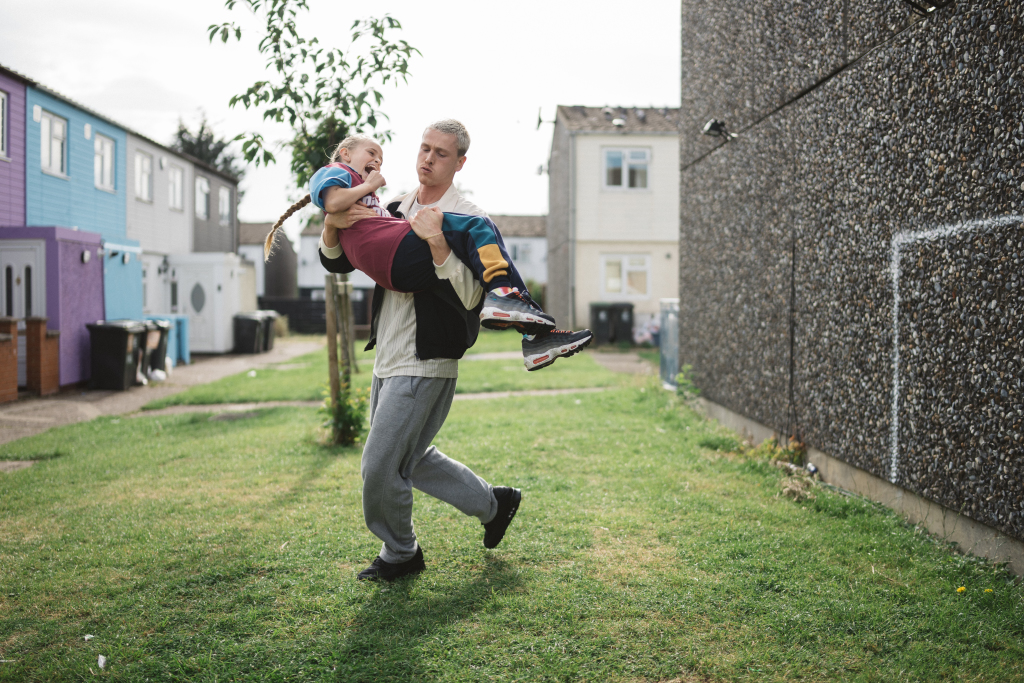
Scrapper
Premiered at the 2023 Sundance Film Festival
Winner of the World Cinema Grand Jury Prize – Dramatic
Winner of the Grand Jury Prize at the 2023 Sundance Film Festival, Scrapper is a father-daughter movie that proves the apple doesn’t fall far from the tree, no matter how hard it tries. The film stars Harris Dickinson—who is currently experiencing a meteoric rise with Babygirl—as Jason, an overgrown kid of a father, and Lola Campbell, a one-in-a-million find, as tough-as-nails 12-year-old Georgie. After Georgie’s mother dies, she uses her street smarts to live on her own, fooling social services with an imaginary uncle and stealing bikes to make money. But when Jason shows up suddenly after being absent her whole life, she’s forced to live with this unwelcome new presence. Soon she realizes they may have more in common than she thought. Scrapper is lively, hopeful, and unconstrained by cliches, and an astounding feature debut for director Charlotte Regan.
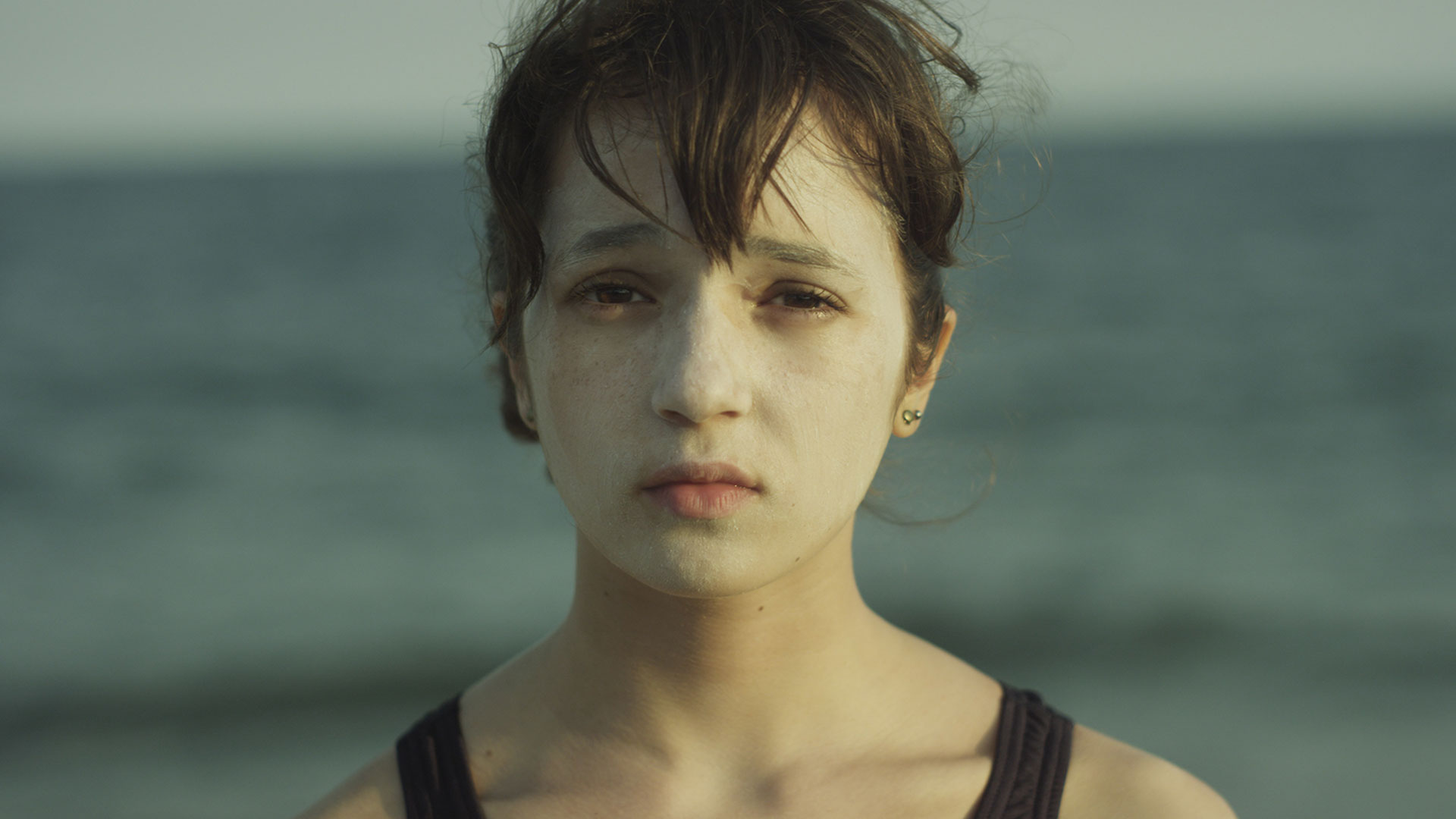
It Felt Like Love
Premiered at the 2013 Sundance Film Festival
Nominated for the Audience Award
Many coming-of-age films are teeming with sentimentality. Eliza Hittman’s It Felt Like Love is decidedly not. The story follows 14-year-old Lila, who spends a summer in Brooklyn third-wheeling for her friend Chiara and her boyfriend. Observing their sexual encounters with a burning desperation to have her own, Lila pursues the older, thuggish Sammy, hoping he’ll help her fulfill her sexual awakening. What results is not just a loss of innocence, but a full plunge into the uncomfortable, often dark pits of teenage sexuality, misplaced testosterone, and predatory behavior. It Felt Like Love premiered at the 2013 Sundance Film Festival and remains one of the most unapologetically honest films about the teenage experience since Larry Clark’s Kids.
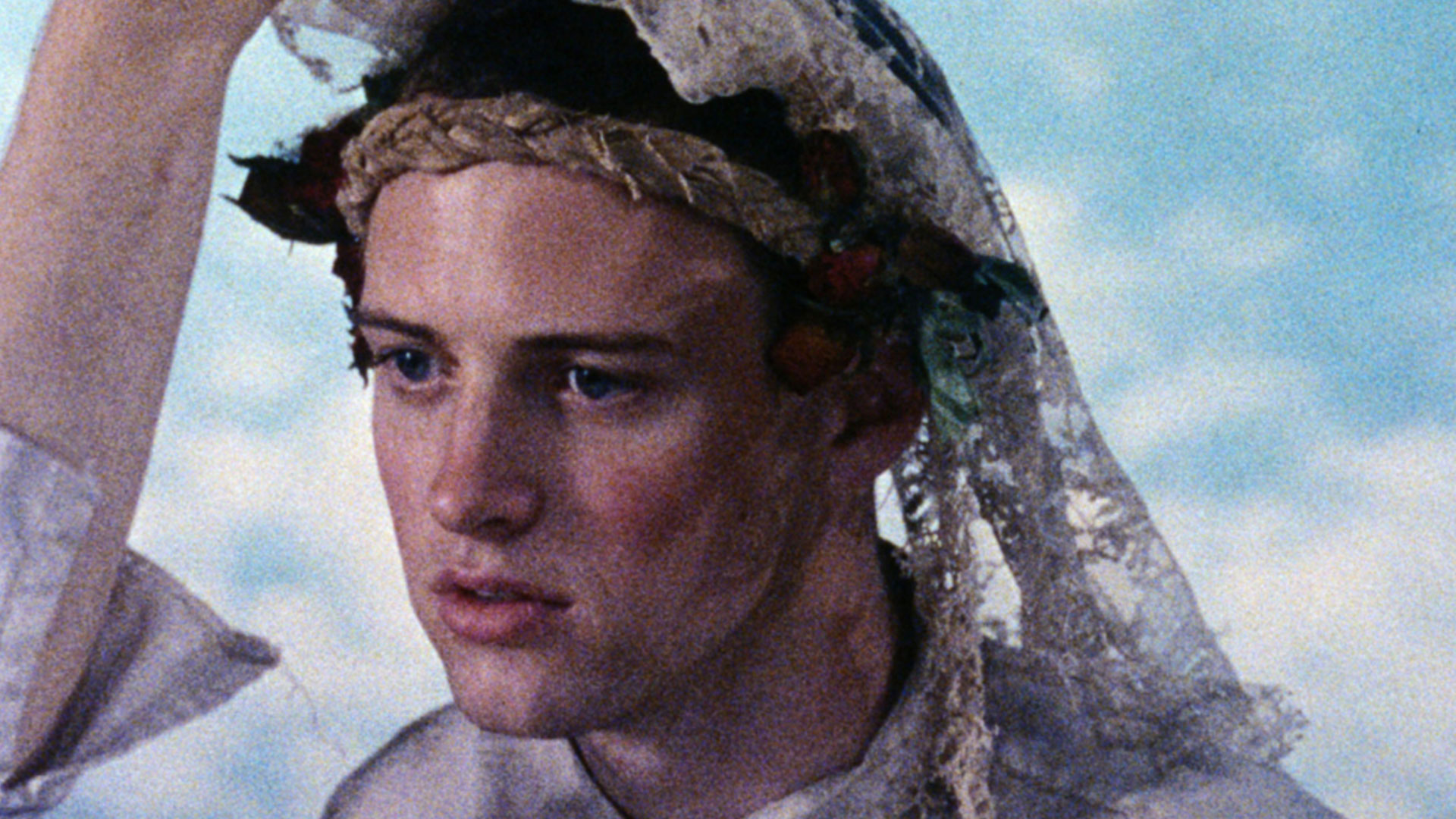
Poison
Premiered at the 1991 Sundance Film Festival
Winner of the Grand Jury Prize – Dramatic
Winner of the Grand Jury Prize at Sundance in 1991, Todd Haynes’ Poison is a trailblazer for modern queer cinema. The film is told in three unrelated chapters, intertwined throughout the film: “Hero,” about a 7-year-old boy who kills his abusive father and flies away; “Horror,” a 1950s b-horror-style tale about a scientist who drinks a liquid form of human sex drive and turns into a leper monster; and “Homo,” a fantasy-laced vignette about an incarcerated thief who is sexually attracted to a fellow inmate. Inspired by the novels of Jean Genet, Poison broke new ground with its raw and unapologetic portrayal of the homosexual experience. For a director who’s built a career on subversive, norm-defying storytelling, Poison is a fitting feature directorial debut.
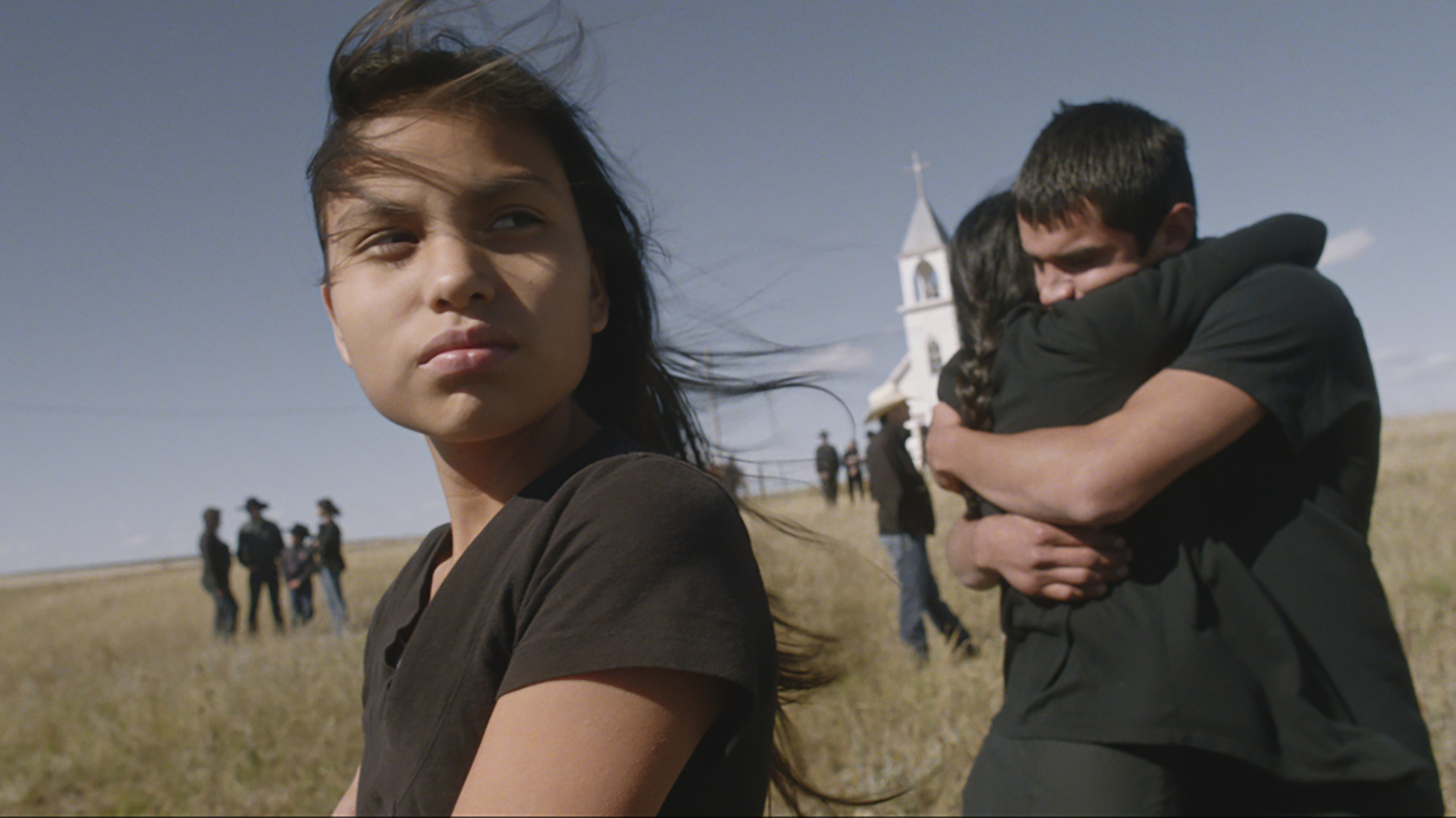
Songs My Brothers Taught Me
Premiered at the 2015 Sundance Film Festival
Nominated for the Grand Jury Prize – Dramatic
Before she won the Academy Award® for Best Picture and Best Director for her 2020 film Nomadland, Chloé Zhao made a remarkable feature debut with Songs My Brothers Taught Me at the 2015 Sundance Film Festival. The film follows Lakota teen Johnny and his sister Jashaun who live on Pine Ridge Indian Reservation in South Dakota, where the Wounded Knee Massacre took place. Johnny dreams of a bigger life beyond their reservation but his aspirations are complicated by his close relationship with Jashaun and her attachment to both him and their community. Their lives are thrown into further disarray when their absentee father is found dead after a house fire. Zhao tempers breathtaking shots of the Badlands with glimpses at economic strife and the threat of alcoholism, resulting in a tender and authentic look at Lakota life.
Finding Fela
Premiered at the 2014 Sundance Film Festival
With Finding Fela, Academy Award®-winning director Alex Gibney tells the story of Nigerian musician, innovator, and revolutionary Fela Kuti. As a musician, Kuti is credited to have created the musical style of Afrobeat, which combines traditional West African music with American funk and jazz. Kuti was not only known for revolutionizing African music, but for his revolutionary resistance against the dictatorial Nigerian government of the 1970s and 1980s. His songs openly protested government corruption, police brutality, and colonialism, which led to Kuti being arrested more than 200 times. Finding Fela, which premiered at the 2014 Sundance Film Festival, shifts between archival footage and talking heads (including Questlove and Paul McCartney) and behind-the-scenes making-of footage of Fela!, a Broadway musical about the musician’s life. The result is an electrifying documentary about one of the most important figures in African music and political history.
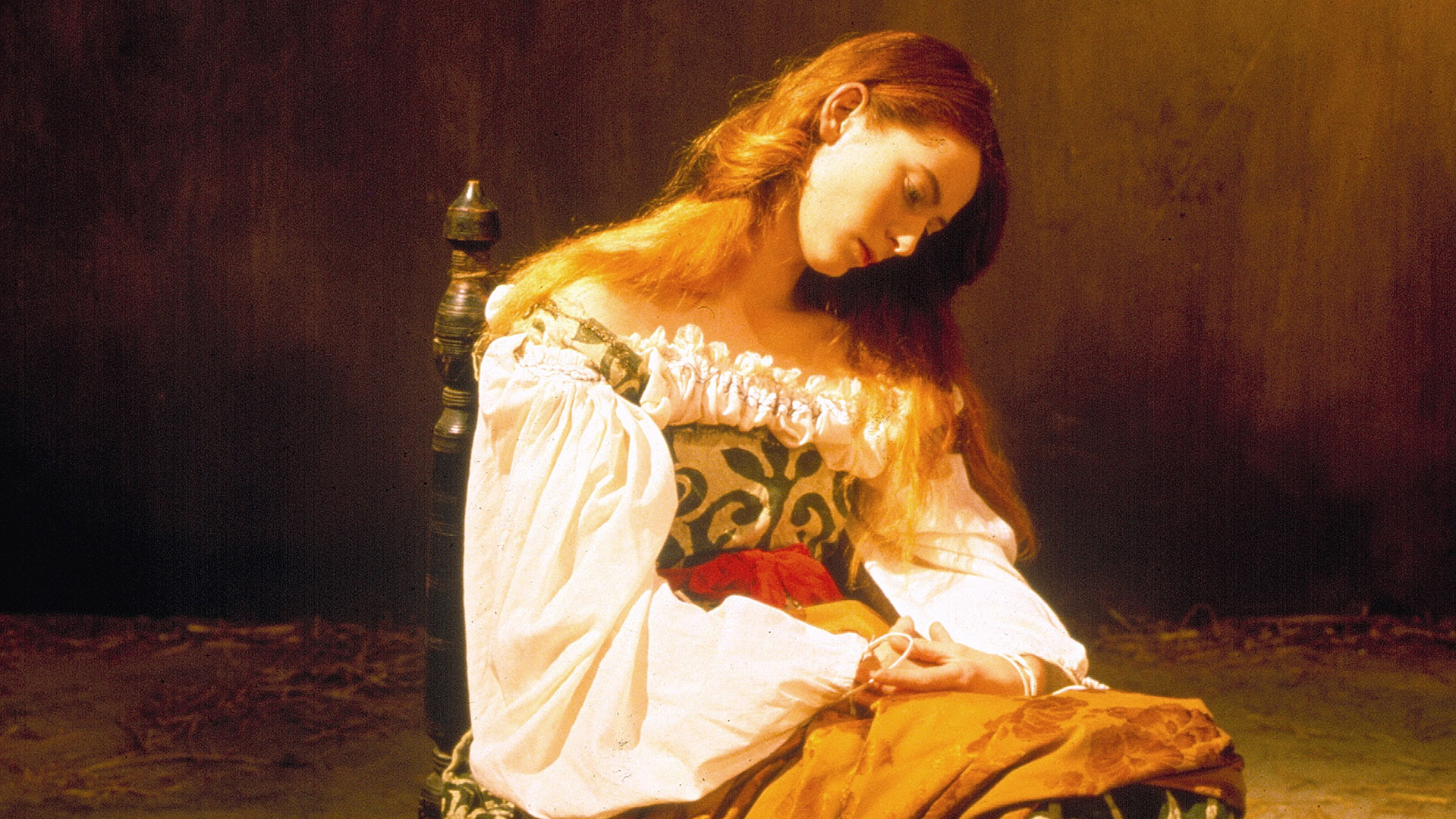
Caravaggio
1992 Sundance Film Festival Official Selection
Michelangelo Merisi da Caravaggio was known for his drama both in his art and his personal life. In the 1986 film Caravaggio, British auteur Derek Jarman imagines the 17th-century painter’s life. The film opens with the artist on his deathbed and tracing back to his teenage years on the streets, then under the patronage of an abusive cardinal, and then caught in a tumultuous love triangle between a street fighter named Ranuccio (played by Sean Bean) and his girlfriend Lena (played by Jarman muse Tilda Swinton). In imagining Caravaggio’s life, Jarman explores the themes of identity, sexuality, and violence and is visually inspired by the artist’s high-contrast chiaroscuro technique. But no Jarman film is cut and dry and this is no exception. The historic semi-biopic is peppered with modern-day objects like a typewriter, a calculator, and a motorbike, lending the film a contemporary edge and a timeless quality.
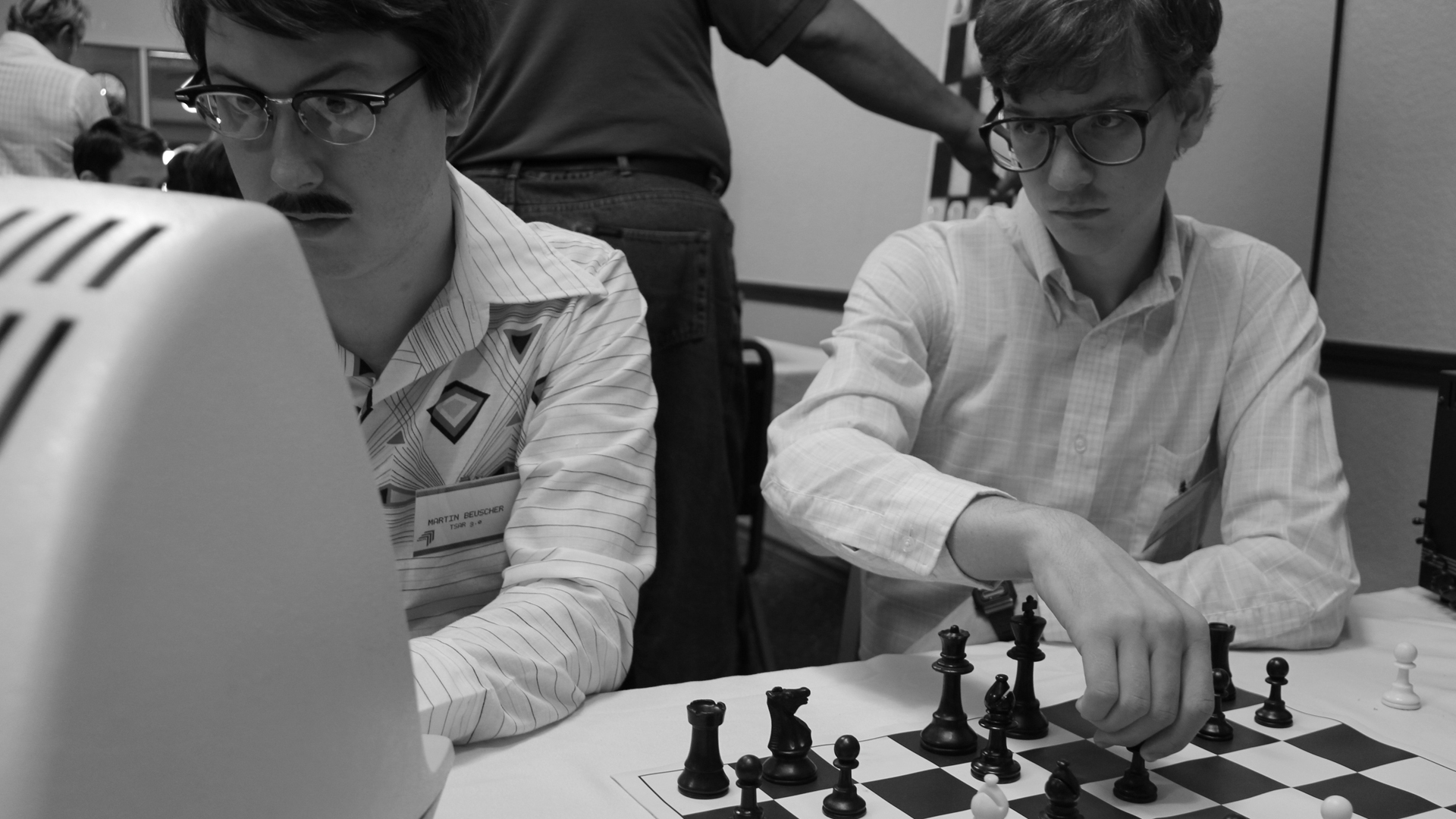
Computer Chess
Premiered at the 2013 Sundance Film Festival
Winner of the Alfred P. Sloan Feature Film Prize
Nerds. Clunky computers. Swingers. These are some of the elements that swirl together in Andrew Bujalski’s weird and wonderful Computer Chess. Set in 1980 at a hotel in California, the film documents an annual tournament that brings together a group of the most stereotypical-looking nerds you can imagine to compete to see whose computer program will best the others in chess. Picture thick-framed glasses, pocket squares, and computers the size of cabinets. Shot entirely on black and white analog video, Computer Chess is already a wholly original film from the outset, but when the computer nerds run into an encounter therapy group and a convention for swinging couples, the film transcends a new level of bizarre. Winner of the Alfred P. Sloan Feature Film Prize at the 2013 Sundance Film Festival, Computer Chess is a kitschy, retro, idiosyncratic time capsule of fun. Discussions on AI have never felt so quaint and innocent.




